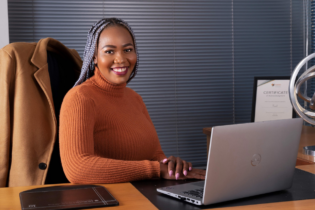Researchers in Singapore are set to build a test a new industrial wastewater treatment plant that they believe could potentially reduce the amount of waste by over 90%.
The pilot plant is being built by the Separation Technologies Applied Research and Translation (START) Centre and Memsift Innovations and is also capable of recovering precious metals from the treated water which can then be sold and reused. The plant, which will be set up at a semiconductor company in Singapore, uses a novel water treatment system that features a new type of hollow-fibre membrane invented by Professor Neal Chung at the National University of Singapore.Cost savings
What sets the new tri-bore hollow-fibre membrane apart from typical hollow-fibre membranes, are three hollow cores that allow for a water flow rate which is about 30% higher. Once installed the new pilot plant will treat up to 5 000 litres of water per day for the semiconductor firm. The plant is expected to help the firm save up to 1.6 million litres of water a year resulting in a savings of $250 000 in disposal cost. It will filter over 90% of wastewater into clean water and concentrate the metal waste into a liquid, which can then be sold to other companies.







